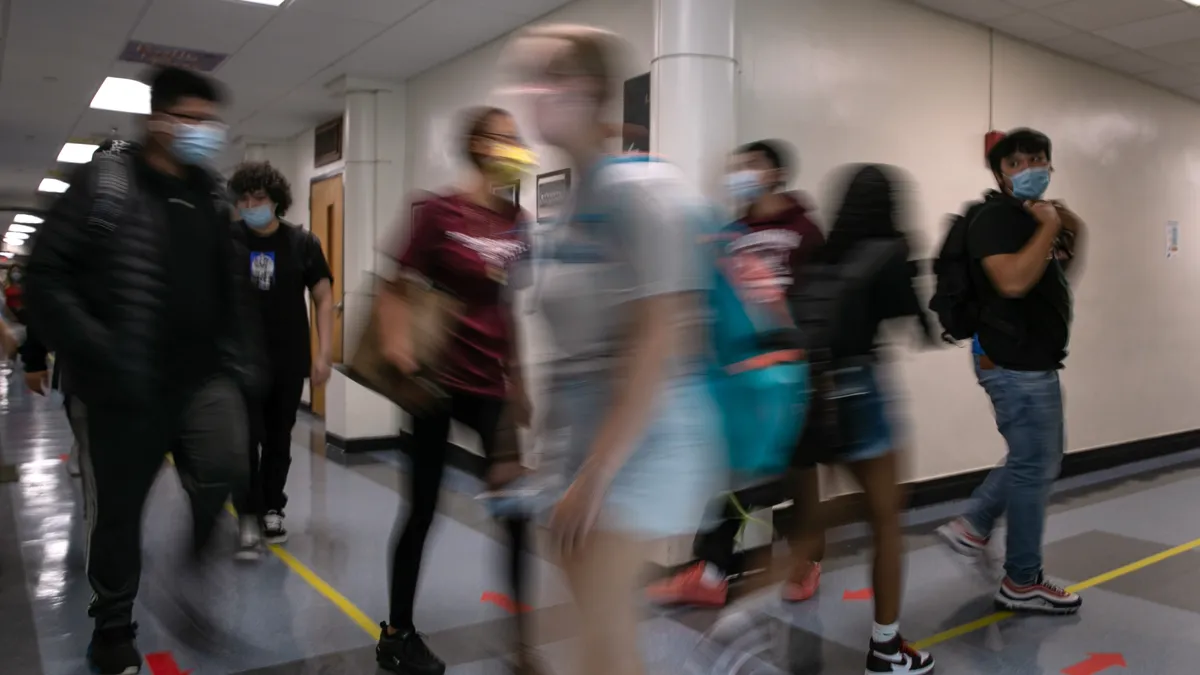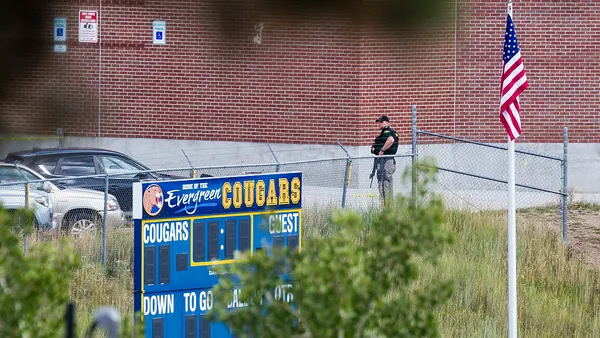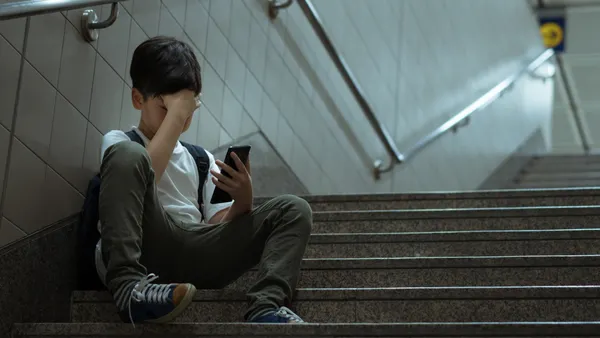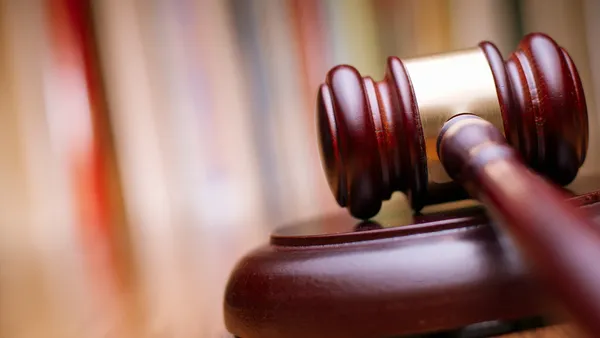Dive Brief:
-
As school leaders work to move away from exclusionary disciplinary policies and toward restorative approaches focused on relationship-building, a Learning Policy Institute report released Thursday illustrates strategies both informal, like the use of shared vocabulary, and formal, like restorative circles and conferences.
-
The idea should be to create an environment that lets staff and students express themselves in a positive, healthy way through shared vocabulary and by focusing on the feelings of the speaker, rather than putting the issue on the listener, according to the report. Impromptu student conferences can also be used to redirect behaviors so the student misses little instructional time.
-
Restorative circles are one of the main components of these approaches, and guided by a trained facilitator, they can be used to build community, help students connect to academic studies and welcome students back to school with a fresh start, the report said.
Dive Insight:
Restorative justice can be particularly impactful in making disciplinary practices more equitable for students of color, who are often disproportionately affected by exclusionary practices.
At Las Vegas’ Cheyenne High School, Black students were suspended at five times the rate of their white peers, even though they only made up one-third of the student body. To address this, Principal Zachary Scott Robbins set up a restorative justice tribunal to allow students to tell their side of the story and reflect on how their actions impacted others.
To make it work, Robbins made the process time-efficient and cost-effective so it takes no more than 15 minutes away from class time. He also reduced the caseload of one of the school’s counselors so they could serve as tribunal facilitator. Peer advocates serve as supporters for those being disciplined and share insight on the best way to repair the damage.
California's "Reimagine and Rebuild: Restarting School with Equity and the Center" framework, released in April, urged schools to make a "restorative restart," suggesting districts dedicate six weeks over summer or at the start of the school year to focus on student and staff well-being and equitable practices, including those pertaining to discipline.
The framework states these efforts should be grounded in academics and ensuring curricula is high-quality, engaging and culturally relevant, as greater inclusivity in instructional materials and approaches can make all students feel safe, acknowledged and respected.






 Dive Awards
Dive Awards





